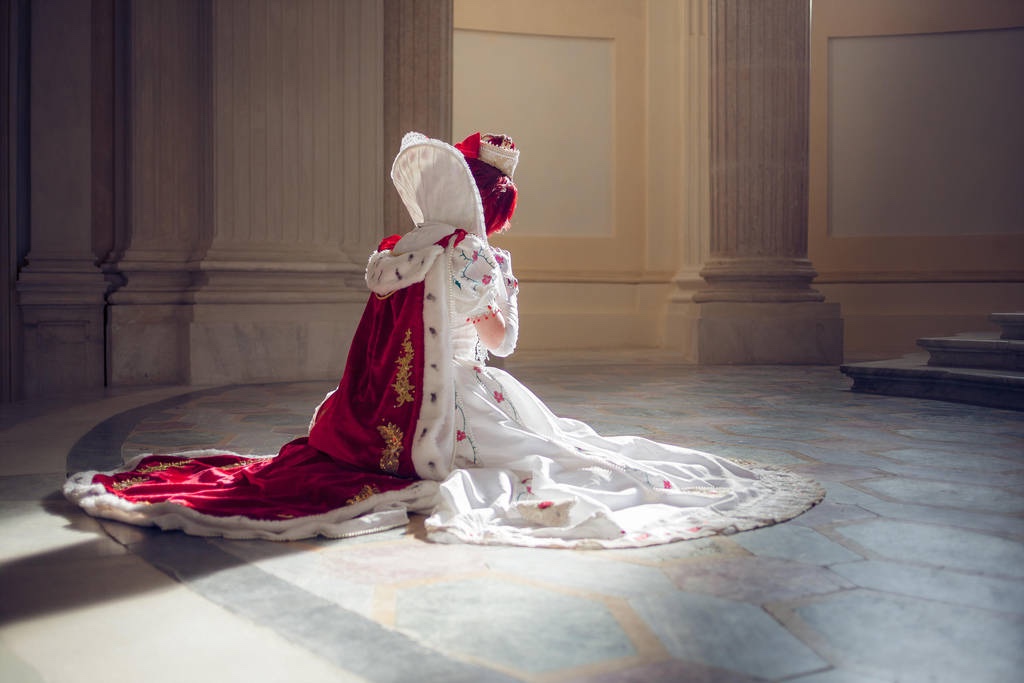If we take one thought out of Lent, it should be this: we need a Savior.
Even before Jesus’ time, Esther knew this. Esther’s adoptive father Mordecai was a deeply religious man. His devotion incurred the wrath of Haman the Agagite, who was a court official of King Ahasuerus of Persia. Mordecai refused to pay homage to Haman in the way prescribed by law, because he felt that it was idolatry. Because of this, Haman developed a deep hatred for Mordecai, and by extension, all of the Israelite people. He convinced King Ahasuerus to decree that all Israelites be put to death, and they cast lots to determine the date for this despicable event.
Meanwhile, Esther, Mordecai’s adopted daughter, is chosen to fill a spot in the King’s harem, replacing Queen Vashti. Esther never had revealed her own Israelite heritage to the King. Mordecai came to Esther to inform her of the decree that Haman had proposed, and asked her to intercede on behalf of her own people to the King. She was terrified to do this because court rules forbade her to come to the king without an invitation. She asked Mordecai to have all of her people fast and pray, and she did the same. The prayer that she offered is beautifully rendered in today’s first reading.
Esther knew that there was no one that could help her, and that it was totally on her shoulders to intercede for her people. Doing this was a risk to her own life, and the only one that she could rely on was God himself. Her prayer was heard, her people were spared, and Haman himself was hung from the same noose that had been prepared for Mordecai and all his fellow Israelites.
God hears our own persistent prayers. We must constantly pray, and trust all of our needs to the one who knows them before we do. We must ask, seek and knock of the one who made us and cares for us deeply. But most of all, we must always be aware that like Esther, we all need a Savior.
